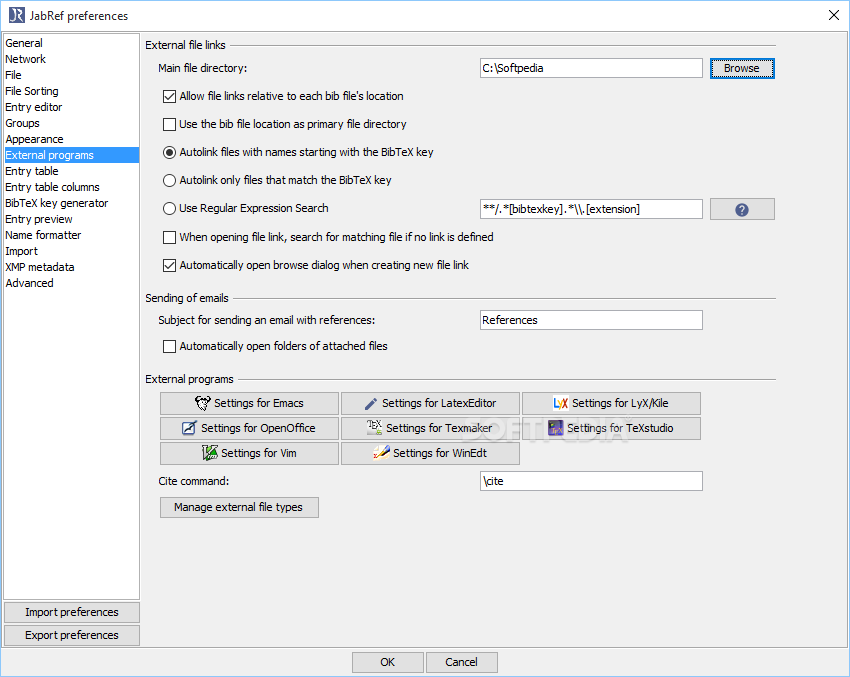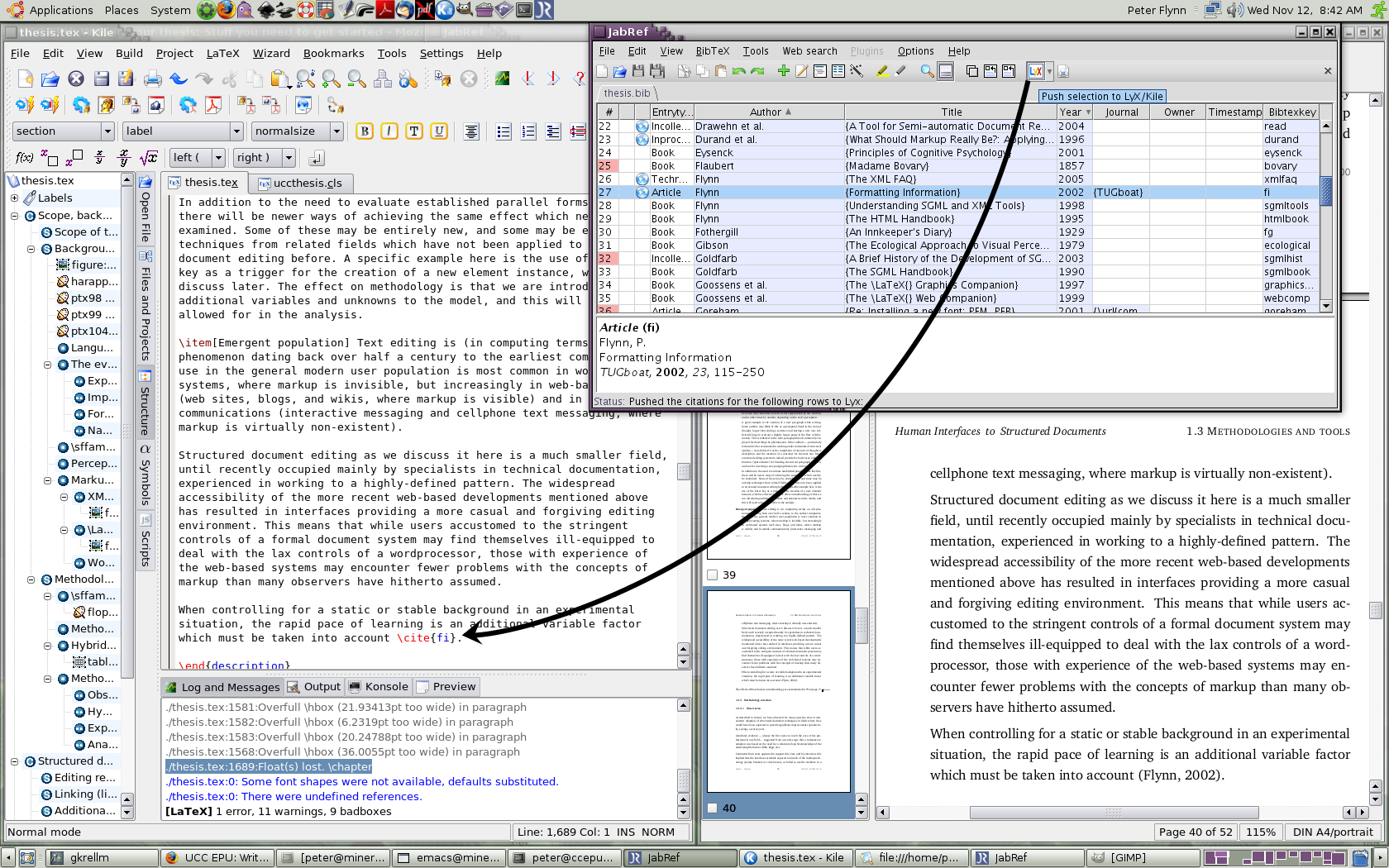
In short what happens is this: You write a file (ie, foo.tex) in which you use the command \cite. bib file that will be used to make your bibliography. BibDesk and JabRef are programs which can make the database that BibTeX looks for. Either of these programs will manage your BibTeX database, creating the.
JABREF FORCE CAPITALIZATION CODE
For a lot of entries though, you might prefer some code to do it. For a few titles, you might just do this. It is possible to make your bibliography from scratch, and to manually put in all your citations, but why ignore the hard work that many people have done on your behalf developing a system that will organize and format your bibliography, manage your citations and format everything in the style that you choose? These tools are BibTeX, BibDesk, and JabRef.īibTeX is a processing engine that takes a database developed by you and applies it to a document in which you refer to entries in that database. Open your bibtex file, navigate to a title field, put your cursor on the first letter of the title, and press M-c until you get to the end of the title. For more about styles, check out our BibTeX Style page.Īn excellent wikibooks page on bibliographies in general. BibTeX combines your database of sources with a style file enforcing the rules of the publishers or your advisor. In large academic projects like journal articles or books, publishers (or your advisor here at Reed) want your bibliography to follow a series of extremely exact rules governing everything from the placement of commas to the spelling of editor. Search the Help Desk Search Bibtex Overview and Essential TipsīibTeX was created by Oren Patashnik as an addition to LaTeX to solve the problem of bibliographies.


JABREF FORCE CAPITALIZATION HOW TO
So maybe there are other Android apps which I havn’t looked at, or other ideas how to manage this Cool that you got it to work. The best would be an Android application which can do this for you, but I already heard that there are plans for JabRef on Android but nothing concrete. But I think this does not scale too well. This could also add keywords and move to groups etc. Then I could write a script which adds the read status and asks for a rating and comment. So there are some ideas: You could read the git log and search for all the changed files in the biblatex file.
JABREF FORCE CAPITALIZATION PC
So the big question is: is there any good method of reading and annotating all the pdfs on android, then push it via git and then adding read status/comments/ranking on the PC later? Okay - usually the PC is not far from where I’m but what if I read like 10 articles? Library works great but is has one big disadvantage: you can not edit the biblatex file, especially not the read status, stars or comments. I summarized my results regarding Android apps already here: Unfortunately, there seems to be not much applications which can handle biblatex files on Android. I do this on Android using Termux and Termux-Widget for some easier push/pull. bib files using a git repo, I already had since using Jabref. I think it’s great I’m wondering if it’s possible to fix some of the integrity issues automatically.

Now, I can read all the papers on the tablet and even create nice annotations using Xodo.


 0 kommentar(er)
0 kommentar(er)
